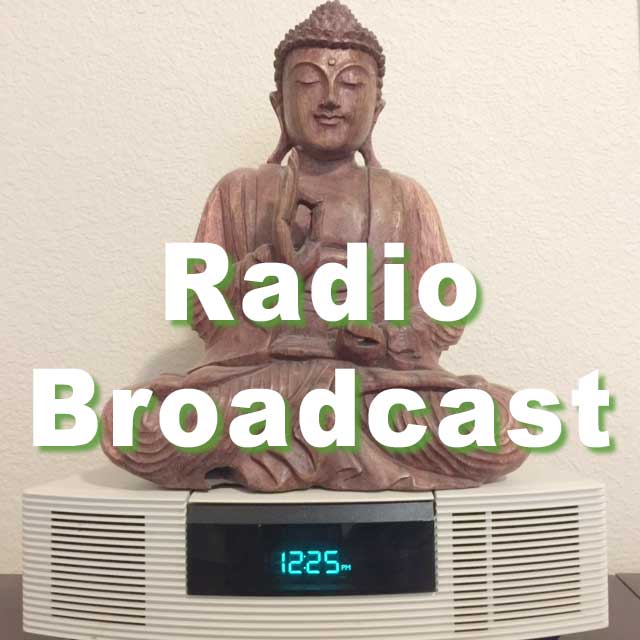Lesson 79. Let me recognize the problem so it can be solved.
The problem is you continue to believe you are a body/mind in a world full of other body/minds; separate from each other and separate from all the body’s eyes look upon. This is the belief in separation. This belief in separation is supported by the chatter of the thinking mind. The thinking mind tells us where to go, what to do and how to do it, based on its fundamental premise of separation. As long as we continue to listen avidly to the dictates of the thinking mind, we will continue to experience “problems”. While the thinking mind purports to help us solve our so-called problems, its actual aim is to keep the belief in separation alive. It succeeds in doing so as we each thrash about thinking and behaving as if we are separate—creating conflict and seemingly trying to resolve it—but all to our “own” advantage.
It is, indeed, like the dog who chases its tail. The dog chases the tail because it believes it is separate from him and a threat to him. The dog would catch the tail that he not be threatened by it anymore. The threat keeps the dog spinning around and around in circles. The dog will never catch the tail. But that’s okay. The tail is not actually the threat. The thought that the tail is a threat is the problem. If the dog were to let go of the thought that the tail were a threat, he could lay down in peace at the feet of his master.
This is exactly what we do when we attempt to solve our problems. Our belief that there is a problem (or many problems) is the mental chatter that keeps us spinning around and around trying to catch our tails. The solution is the same for us as for the dog: quit believing the thought that there is a problem—quit believing the mental chatter that tells us about ourselves, our brothers and our world. This mental chatter is the belief in separation.
NTI Thessalonians tells us: “The belief in sin can also be called lack of peace, for it is this belief that causes the stab that interrupts your peace. Sin leads you to feel guilty or fearful and leads you to believe that there are circumstances you must control for your own safety and happiness. Sin tells you that an outcome must go your way, or you will surely suffer. In this way, sin is a complete disassociation from who you are. Sin is forgetfulness, and in your forgetfulness, you feel the loss of everything that you are.”
“To rest yourself from the belief in sin you must return your mind to who you are. Therefore I urge you, stay in tune with your peace. Whenever it is interrupted, know it is interrupted by the belief in sin. Know that sin is only forgetfulness, and seek to remember who you are with your brothers. As you remember who you are, you remember that Love is all there is. You may then rest in confidence and let the effects of sin pass through your mind in peace and without acceptance, because you have remembered that sin is not possible in a world where separation is not real.”
We can see very clearly then that “Sin is the denial of reality.” The mental chatter we listen to is this denial. Our reality is changeless, boundless peace. We won’t hear that among our mental chatter. We must turn from the chatter and, in doing so, turn from the source of our “problem” to its solution. This mental chatter is “the constancy in all the problems that seem to confront you.” Once this is seen, we also see that we “have the means to solve them all.” We can remove our attention from mental chatter and seek Truth within.
Thus, we must, as we are told in NTI Thessalonians, “Make it your ambition to lead a quiet life, because a quiet life is a godly life in which you hold, within your mind, that the process of life is God. In this way, you hold to the awareness of Love. As you hold to this awareness, you extend it to the brothers who are it along with you.” This is the solution. As we rest here, we know ourselves, we know our Source and we know our brothers as one with us and the All That Is.



